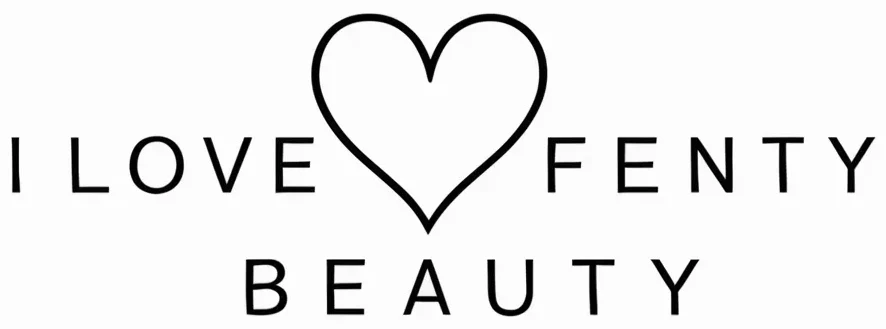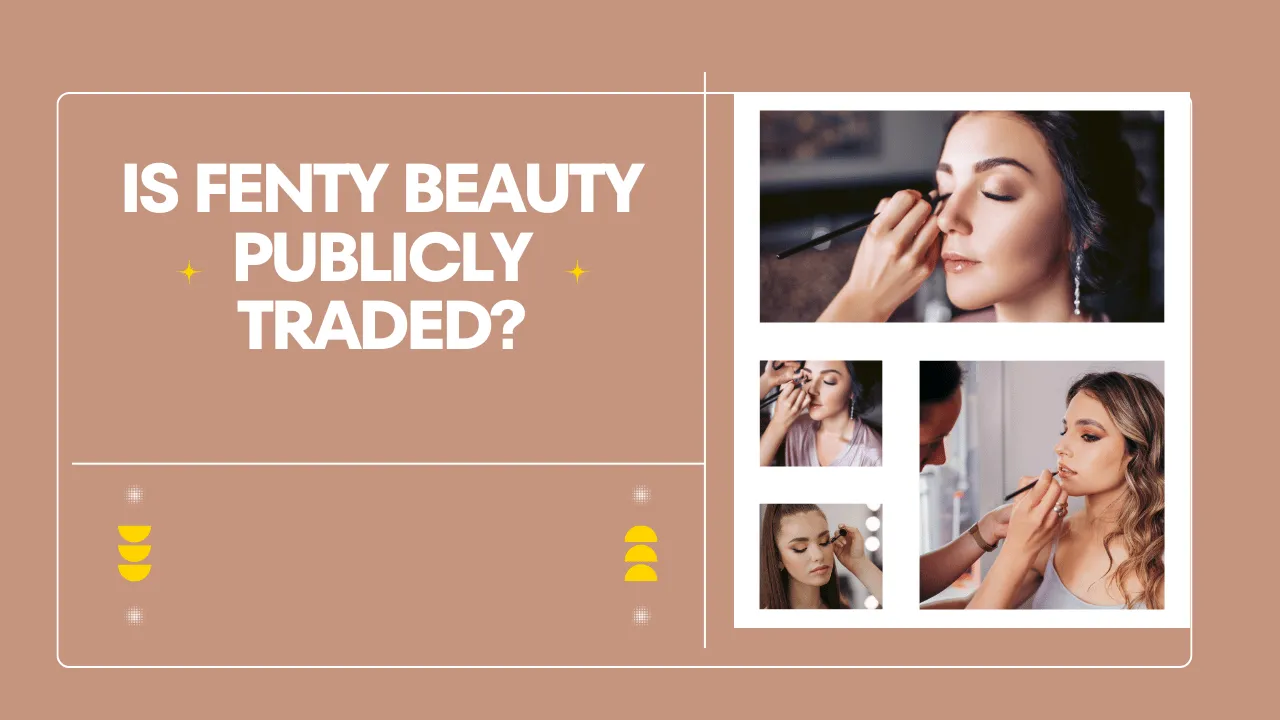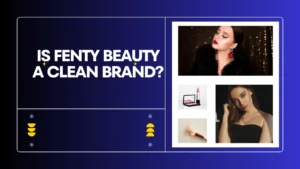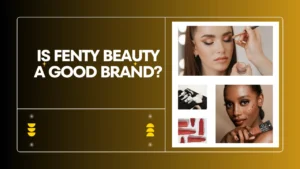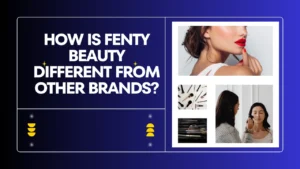If you’re a beauty enthusiast, you’ve probably heard of Fenty Beauty. Launched by global superstar Rihanna in 2017, the brand quickly became a game-changer in the beauty industry.
Known for its inclusive range of products that cater to all skin tones, Fenty Beauty has set a new standard for diversity in makeup. The brand’s innovative approach and celebrity appeal have sparked curiosity about its business status—specifically, whether it is publicly traded.
Contents
A Brief History of Fenty Beauty
Fenty Beauty debuted in September 2017 with an impressive 40-shade foundation range, making it one of the most inclusive beauty brands on the market. The brand’s commitment to diversity and inclusivity earned it widespread acclaim and a loyal customer base.
Over the years, Fenty Beauty has expanded its product line to include everything from highlighters and lip glosses to skincare products. Key milestones include winning multiple beauty awards and achieving significant sales figures, making it a formidable player in the beauty industry.
Relationship with LVMH
Fenty Beauty operates as a joint venture between Rihanna and LVMH (Moët Hennessy – Louis Vuitton SE), one of the world’s leading luxury goods conglomerates. Rihanna owns 50% of the company, while LVMH holds the remaining 50% stake.
This partnership has provided Fenty Beauty with the financial backing and industry expertise needed to scale rapidly and efficiently.
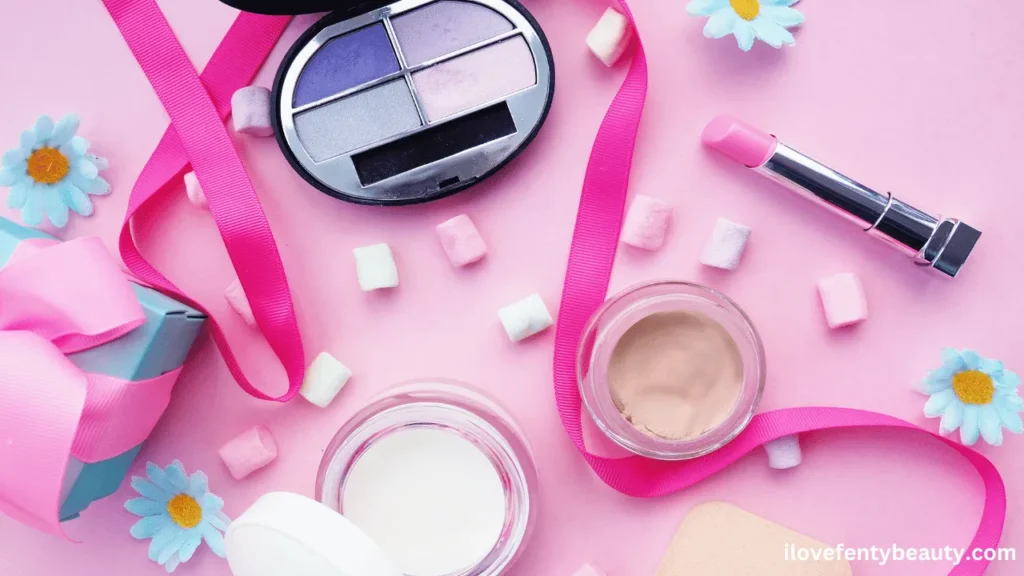
Could Fenty Beauty Go Public?
While Fenty Beauty has achieved remarkable success, it remains a private company. This means that its shares are not available for purchase on public stock exchanges like the New York Stock Exchange (NYSE) or Nasdaq.
However, there’s ongoing speculation about the possibility of Fenty Beauty going public in the future.
Benefits and Drawbacks of Going Public
Here are some major advantages and disadvantages of becoming a publicly traded company:
Potential Benefits:
- Increased Capital: Becoming publicly traded would provide Fenty Beauty with access to a broader pool of capital, enabling further expansion and innovation.
- Brand Visibility: A public listing could enhance the brand’s visibility and credibility, attracting even more customers and partnerships.
- Employee Incentives: Offering stock options can be a powerful tool for attracting and retaining top talent.
Potential Drawbacks:
- Regulatory Scrutiny: Public companies face rigorous regulatory requirements and scrutiny, which can be time-consuming and costly.
- Pressure for Short-Term Gains: Shareholders often expect quick returns, which could pressure the company to focus on short-term gains at the expense of long-term vision.
- Loss of Control: Rihanna and LVMH would have to share decision-making power with a broader group of shareholders, potentially diluting their control over the brand.
How Would an IPO Affect the Beauty Industry and Consumers?
If Fenty Beauty were to go public, it could have several ripple effects on the beauty industry and consumers:
- Market Influence: A public listing could cement Fenty Beauty’s status as a market leader, influencing trends and practices across the industry.
- Consumer Trust: Being publicly traded often boosts consumer trust, as it implies financial transparency and stability.
- Competitive Landscape: Other beauty brands might feel pressured to innovate and expand their product ranges to keep up with Fenty Beauty’s heightened capabilities.
Conclusion
Fenty Beauty has undeniably revolutionized the beauty industry with its commitment to inclusivity and innovation. While the brand is currently not publicly traded, the idea of an IPO is intriguing and filled with possibilities.
Going public could bring significant benefits but also presents challenges that would need careful navigation.
For now, Fenty Beauty continues to thrive as a private entity, setting trends and breaking barriers in the beauty world. Keep an eye on this space—who knows what the future holds for this dynamic and influential brand?
Interested in more insights into the beauty industry? Sign up for our newsletter to stay updated on the latest trends and developments!
FAQs
Q: Is Fenty Beauty publicly traded?
A: No, Fenty Beauty is currently a privately owned company.
Q: Who owns Fenty Beauty?
A: Fenty Beauty is a joint venture between Rihanna and luxury goods conglomerate LVMH. Rihanna owns 50% of the company, while LVMH holds the remaining 50%.
Q: Will Fenty Beauty go public in the future?
A: While there is ongoing speculation about this possibility, there has been no official announcement from the brand or its owners regarding an initial public offering (IPO).
Q: What are the potential benefits of going public for Fenty Beauty?
A: Becoming publicly traded could provide access to increased capital, enhance brand visibility and attract top talent through employee incentives.
Q: What are the potential drawbacks of going public for Fenty Beauty?
A: Some challenges of being a publicly traded company include regulatory scrutiny, pressure for short-term gains, and potential loss of control over decision-making. However, these would need to be carefully managed by the brand’s owners.
